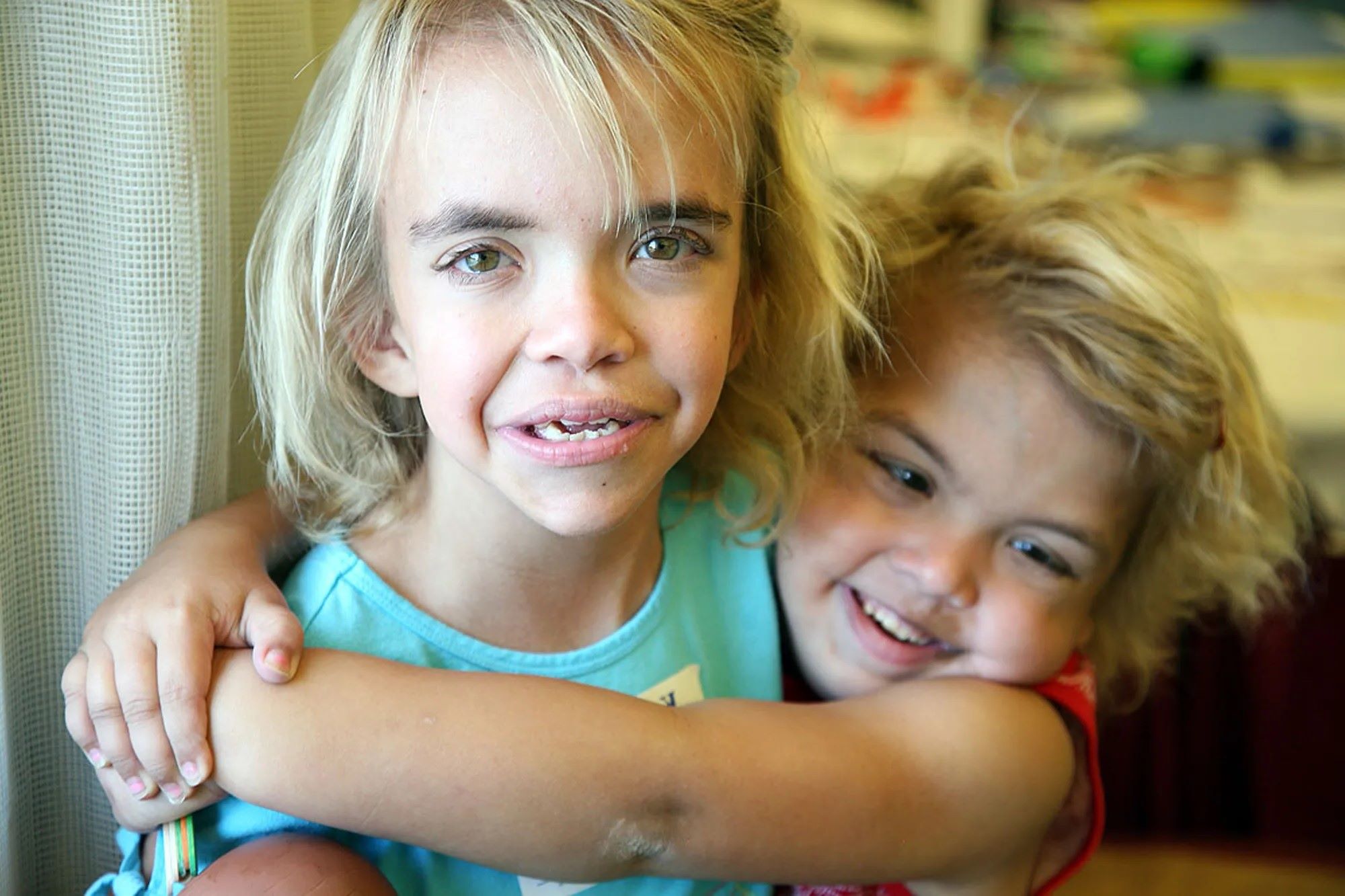
Costello Syndrome is a rare genetic disorder that affects many parts of the body. Caused by mutations in the HRAS gene, it leads to distinctive facial features, developmental delays, and heart problems. People with this condition often have loose, soft skin and may develop benign and malignant tumors. Diagnosed through genetic testing, Costello Syndrome requires a multidisciplinary approach for management, involving cardiologists, dermatologists, and other specialists. Early intervention can improve quality of life, but challenges remain. This blog post will explore 27 intriguing facts about Costello Syndrome, shedding light on its complexities and the ongoing research aimed at better understanding and treating this condition.
Key Takeaways:
- Costello Syndrome is a rare genetic disorder with distinct physical features, developmental delays, and health complications. Early intervention, support groups, and regular medical check-ups are crucial for managing the condition.
- Mutations in the HRAS gene cause Costello Syndrome, leading to heart problems, feeding difficulties, and an increased risk of certain cancers. Ongoing research aims to improve understanding and develop new treatments for the condition.
What is Costello Syndrome?
Costello Syndrome is a rare genetic disorder that affects multiple parts of the body. It is caused by mutations in the HRAS gene. This condition can lead to distinctive facial features, developmental delays, and various health issues.
-
Costello Syndrome was first described in 1971 by Dr. Jack Costello, an Australian pediatrician.
-
The syndrome is extremely rare, affecting approximately 1 in 1.2 million people worldwide.
-
Mutations in the HRAS gene cause Costello Syndrome. This gene is responsible for cell growth and division.
-
The condition is inherited in an autosomal dominant pattern, meaning only one copy of the altered gene is needed to cause the disorder.
Physical Characteristics of Costello Syndrome
Individuals with Costello Syndrome often have unique physical features. These characteristics can help in diagnosing the condition.
-
People with Costello Syndrome typically have loose, soft skin with deep creases on the palms and soles.
-
Distinctive facial features include a large mouth, full lips, and a broad nose.
-
Children with this syndrome often have curly hair and sparse eyebrows.
-
Short stature is common, with most individuals being shorter than their peers.
Developmental and Cognitive Aspects
Costello Syndrome affects not only physical appearance but also development and cognitive abilities.
-
Developmental delays are common, with children often learning to walk and talk later than their peers.
-
Intellectual disability varies, ranging from mild to moderate.
-
Speech can be significantly delayed, and many children require speech therapy.
-
Fine motor skills, such as writing and buttoning clothes, are often challenging for those with the syndrome.
Health Complications Associated with Costello Syndrome
Various health issues can arise due to Costello Syndrome. These complications require ongoing medical attention.
-
Heart problems are prevalent, with many individuals experiencing hypertrophic cardiomyopathy, a condition where the heart muscle thickens.
-
Feeding difficulties are common in infants, often requiring special feeding techniques or tubes.
-
Gastrointestinal issues, such as severe constipation and reflux, frequently occur.
-
Individuals with Costello Syndrome have an increased risk of developing certain cancers, including rhabdomyosarcoma and neuroblastoma.
Diagnosis and Treatment
Diagnosing Costello Syndrome involves genetic testing and a thorough clinical evaluation. While there is no cure, treatments focus on managing symptoms.
-
Genetic testing can confirm the presence of HRAS gene mutations.
-
Regular cardiac evaluations are essential due to the high risk of heart problems.
-
Physical therapy can help improve motor skills and muscle strength.
-
Speech therapy is crucial for addressing communication delays.
Living with Costello Syndrome
Living with Costello Syndrome presents unique challenges, but support and resources are available to help families.
-
Early intervention programs can significantly improve developmental outcomes.
-
Support groups and online communities provide valuable resources and emotional support for families.
-
Educational accommodations, such as individualized education plans (IEPs), can help children succeed in school.
-
Regular medical check-ups are necessary to monitor and manage health complications.
Research and Future Directions
Ongoing research aims to better understand Costello Syndrome and develop new treatments.
-
Scientists are studying the HRAS gene to uncover more about its role in the syndrome.
-
Clinical trials are exploring potential therapies to address specific symptoms and complications.
-
Increased awareness and funding for research can lead to improved outcomes for individuals with Costello Syndrome.
Final Thoughts on Costello Syndrome
Costello Syndrome, a rare genetic disorder, affects many aspects of a person's life. From developmental delays to distinctive facial features and heart problems, it presents unique challenges. Early diagnosis and intervention can make a significant difference. Supportive therapies like speech, physical, and occupational therapy help improve quality of life. Genetic counseling is crucial for families to understand the condition and plan for the future. Research continues to advance, offering hope for better treatments. Awareness and understanding of Costello Syndrome are vital for creating a supportive environment for those affected. By staying informed and advocating for research, we can contribute to a brighter future for individuals with Costello Syndrome.
Frequently Asked Questions
Was this page helpful?
Our commitment to delivering trustworthy and engaging content is at the heart of what we do. Each fact on our site is contributed by real users like you, bringing a wealth of diverse insights and information. To ensure the highest standards of accuracy and reliability, our dedicated editors meticulously review each submission. This process guarantees that the facts we share are not only fascinating but also credible. Trust in our commitment to quality and authenticity as you explore and learn with us.
